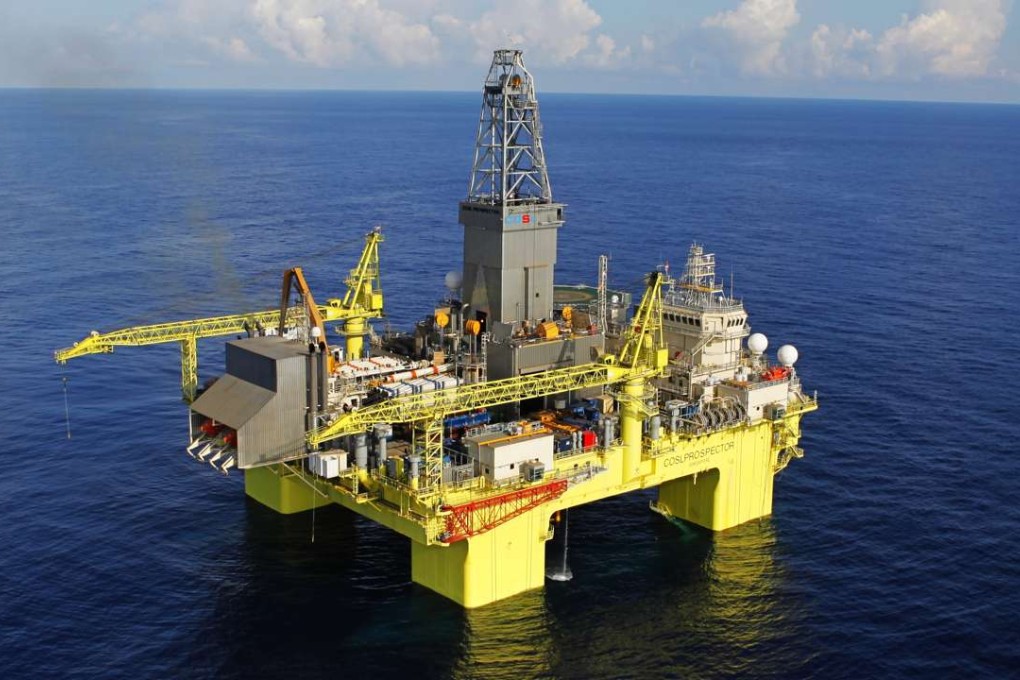Husky and Primeline legal threats against CNOOC put spotlight on mainland China gas pricing dilemma
Analysts say the only way to resolve the problem is further market reform

Threats of legal action by Husky Energy and Primeline Energy against partner and customer China National Offshore Oil highlight a dilemma created by the big price differential between mainland China’s state-guided onshore gas pricing and free-market offshore gas pricing in times of extreme energy price volatility.
Analysts say the only way to resolve the problem is further market reform.
On the one hand, China National Offshore – parent of listed oil and gas giant CNOOC – needs to meet its contractual obligations to buy gas at the high prices fixed a few years ago when international oil and gas prices were high.
The slump in gas price and oversupply have caused friction between offshore gas buyers and sellers
On the other hand, it faces demands from downstream customers of the cleaner-burning fuel to lower prices after Beijing cut regulated benchmark prices for onshore gas.
“The slump in gas price and oversupply have caused friction between offshore gas buyers and sellers, since offshore gas prices are unregulated while onshore gas prices are linked to [state-guided] city-gate prices,” said Sanford Bernstein senior analyst Neil Beveridge.
“With the change in market conditions, offshore [long-term contract] prices look expensive relative to onshore gas prices, highlighting some of the problems China faces as a gas market.”
He said the price disputes and uncertainty over their outcome sent a negative signal to potential investors in Chinese offshore gas exploration projects, and a greater push by Beijing for transparent market-based pricing via exchange-traded spot and futures contracts was needed to mitigate the risk of such disputes.